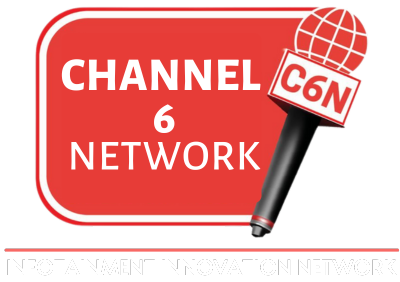Kapil Wadhawan moves NCLAT against Union Bank's insolvency plea over ₹3,958-crore default

On 2 April, the Mumbai bench of the National Company Law Tribunal (NCLT) had accepted Union Bank's application to begin insolvency resolution proceedings against Wadhawan.
New Delhi: Kapil Wadhawan, the former promoter of Dewan Housing Finance Corporation Ltd (DHFL), has moved the National Company Law Appellate Tribunal (NCLAT) to challenge the initiation of personal insolvency proceedings against him by Union Bank of India for a ₹ 3,958-crore default. The NCLAT heard the case briefly on Monday before it deferred the matter to 18 July without issuing a notice. On 2 April, the Mumbai bench of the National Company Law Tribunal (NCLT) accepted Union Bank's application to begin insolvency resolution proceedings against Wadhawan. On 20 March, the NCLT had admitted a similar application against his brother and co-promoter Dheeraj Wadhawan. DHFL had taken various term loans exceeding ₹ 4,000 crore and working-capital loans worth ₹ 450 crore. Kapil Wadhawan had provided unconditional and irrevocable guarantees for these loans from Union Bank and other lenders. Also read: Personal guarantors in the crosshairs as lenders step up heat to receover dues In response to the bank’s insolvency plea, Wadhawan argued he had signed a joint deed of guarantee in favour of Catalyst Trusteeship Ltd, a trustee that had been appointed by a consortium of 29 banks. Wadhawan contended that because the security trustee was designated by the consortium to accept securities and secure loans for DHFL, individual lenders within the consortium did not have the authority to approach the tribunal directly. The trustee held these securities in trust for the consortium's benefit, he argued, and questioned the individual lender's ability to independently initiate legal proceedings. However, the tribunal disregarded this argument, noting that the term 'banks' should be interpreted broadly to encompass individual financial institutions as well. The tribunal added that to enforce the guarantee, a specific bank could pursue the guarantor as if he were the primary debtor Increased scrutiny on personal guarantors The Reserve Bank of India (RBI) took control of DHFL on 20 November 2019 and appointed R Subramaniakumar as the company's administrator. Then in September 2021, Piramal Capital acquired DHFL for ₹ 34,250 crore , merging it with its operations. This case highlights the increasing scrutiny on personal guarantors following a Supreme Court ruling on 9 November 2023 that upheld crucial provisions of the Insolvency and Bankruptcy Code (IBC). The court denied relief to a group of personal guarantors, including those challenging sections 95 to 100 of the IBC, reinforcing their accountability for defaulted debts. Also read: What the Subhash Chandra case means for personal guarantors Under the Insolvency and Bankruptcy Code (Second Amendment) Act 2018 and subsequent notifications, personal guarantors are directly subject to insolvency proceedings without creditors having to pursue action against the corporate debtor first.





0 Comments